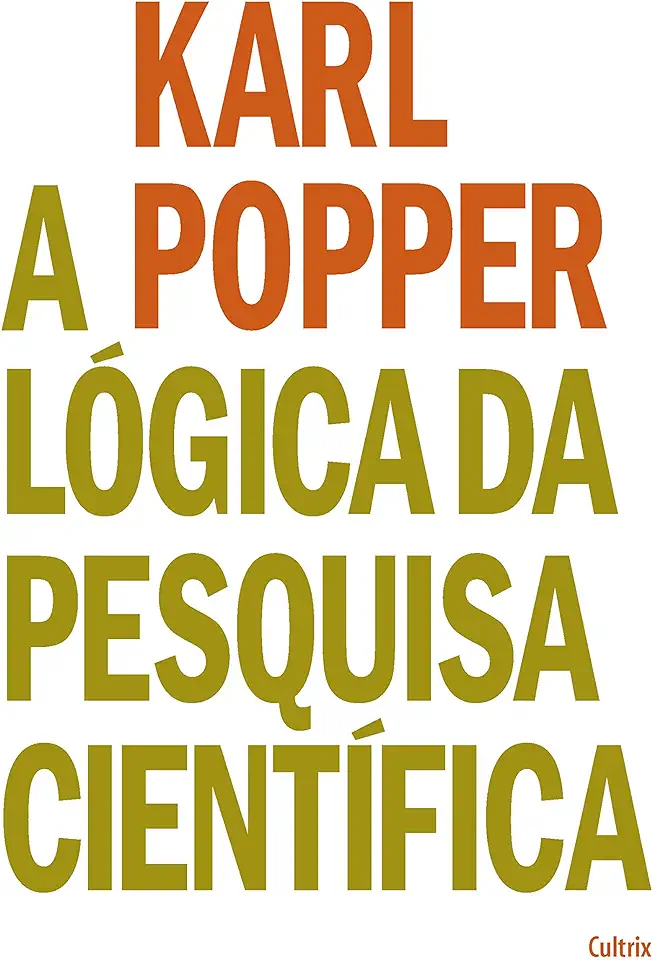
The Logic of Scientific Discovery - Karl Popper
The Logic of Scientific Discovery: A Must-Read for Understanding the Nature of Science
In his groundbreaking work, "The Logic of Scientific Discovery," Karl Popper presents a revolutionary approach to understanding the nature of science and the process of scientific inquiry. This seminal book challenges traditional notions of scientific knowledge and offers a new framework for evaluating scientific theories.
Unveiling the Demarcation Problem
Popper begins by addressing the fundamental question of what distinguishes science from other forms of knowledge. He argues that the key criterion lies in the falsifiability of scientific theories. According to Popper, a scientific theory is only valid if it can be potentially refuted or falsified through empirical evidence. This concept of falsifiability serves as a demarcation criterion, separating genuine science from pseudoscience and mere speculation.
The Role of Falsification and Verification
Popper emphasizes the importance of falsification in the scientific process. He contends that the primary goal of science should not be to verify or confirm theories, but rather to subject them to rigorous testing and attempts to falsify them. Through this process of falsification, scientists can refine and improve their theories, or ultimately reject them if they fail to withstand empirical scrutiny.
The Problem of Induction and the Role of Conjectures
Popper challenges the traditional empiricist view of science, which holds that knowledge is derived solely through observation and induction. He argues that induction, or the process of generalizing from particular observations, cannot provide certainty or establish universal laws. Instead, Popper proposes that scientific knowledge begins with bold conjectures or hypotheses, which are then subjected to rigorous testing and potential falsification.
The Growth of Scientific Knowledge
Popper presents a dynamic view of scientific knowledge, emphasizing its evolutionary nature. He argues that scientific progress occurs through a process of conjecture and refutation, where theories are proposed, tested, and either corroborated or falsified. This process leads to the gradual refinement and improvement of scientific understanding, as theories are replaced by more accurate and comprehensive ones.
The Importance of Criticism and Openness
Popper stresses the significance of criticism and open discussion in the scientific community. He argues that science thrives on the free exchange of ideas and the willingness to challenge and scrutinize existing theories. This critical attitude promotes intellectual honesty and encourages the pursuit of truth, leading to the advancement of scientific knowledge.
Conclusion: A Transformative Perspective on Science
"The Logic of Scientific Discovery" offers a profound and transformative perspective on the nature of science and the process of scientific inquiry. Popper's emphasis on falsifiability, the role of conjectures, and the importance of criticism provides a rigorous framework for understanding how scientific knowledge is generated and refined. This book is a must-read for anyone interested in the foundations of science, the pursuit of truth, and the ever-evolving nature of human understanding.
Enjoyed the summary? Discover all the details and take your reading to the next level — [click here to view the book on Amazon!]